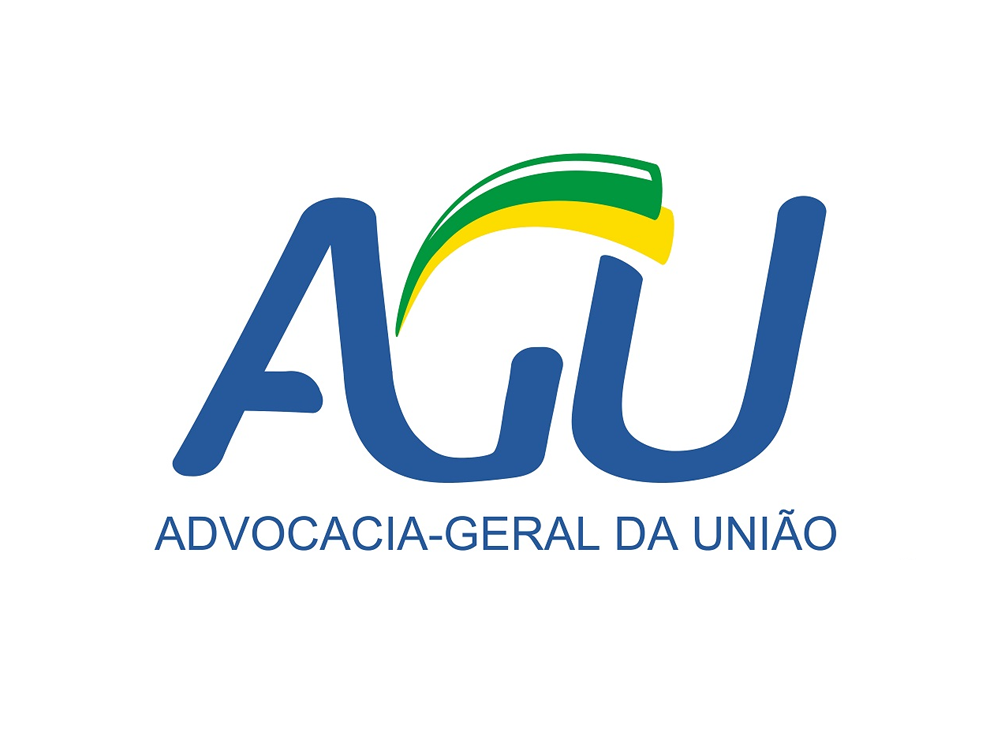Government’s presumed 9% tax credit for industrial groups and global consolidation of foreign subsidiaries will expire by December
10/14/2024
/i.s3.glbimg.com/v1/AUTH_63b422c2caee4269b8b34177e8876b93/internal_photos/bs/2024/7/i/AtQ6xJSsKQLZLsWi6SMA/foto14bra-101-multis-a5.jpg)
The federal government is evaluating alternatives to prevent a sharp tax increase for Brazilian companies operating abroad starting in 2025. By December, the presumed 9% tax credit granted to Brazilian industrial companies with foreign operations and the global consolidation of foreign subsidiaries, which allows companies to offset profits with losses, will expire.
“We are considering whether to simply extend the benefit for another two years or make a more structural revision of these rules, taking advantage of the context of Pillar 2,” Daniel Loria, program director of the Special Secretariat for Tax Reform, told Valor. “We are looking into this issue and won’t just sit back.”
The presumed tax credit and global consolidation are part of the Universal Basis Taxation (UBT), which aims to prevent double taxation of Brazilian companies operating abroad.
For tax expert Breno Vasconcelos, a professor at Insper, extending the UBT “would be an important measure to ensure the competitiveness of Brazilian companies with investments abroad.”
“Currently, profits of foreign subsidiaries are taxed in Brazil at a nominal rate of 34%, well above the average rate applied by OECD countries (approximately 23.3% in 2022). This high rate creates a disadvantage for companies with overseas production activities,” he said. “The 9% presumed CSLL (Social Contribution on Net Profit) credit reduces this inequality, putting Brazilian multinationals on a more level playing field with those headquartered in OECD countries.”
Experts fear that these rules could somehow clash with Pillar 2, which establishes a minimum 15% tax on multinationals, announced by the government two weeks ago. However, Mr. Loria sees no conflict.
Pillar 2 is part of an international effort led by the Organization for Economic Co-operation and Development (OECD) to combat tax erosion through the relocation of companies to tax havens.
After a decade of studies, Brazil has begun aligning itself with this initiative by adopting the Global Anti-Base Erosion (GloBE) rules, under provisional presidential decree, or “MP”, No. 1,262/24. Another 36 countries have already done the same. GloBE rules are part of Pillar 2.
“The interaction between the UBT and the global minimum tax based on GloBE, developed within the OECD framework, is a highly relevant issue for Brazilian companies subject to both,” said tax expert Ana Lúcia Marra, a partner at Machado Associados.
One concern, she said, is whether the countries where Brazilian companies operate will consider the Corporate Income Tax (IRPJ) and the CSLL collected in Brazil due to the profits of foreign subsidiaries when verifying if the effective minimum tax rate has been reached.
Another key point in this discussion is whether Brazil’s UBT is equivalent to the Controlled Foreign Company (CFC) tax regimes referred to in the OECD’s GloBE rules. She explained that CFC rules are typically applied when there is evidence of abusive practices that may result in profit shifting to low-tax countries. In contrast, Brazil’s UBT applies more broadly. The treatment of profit differs under each rule.
“It will be necessary to verify whether other countries that have implemented GloBE will consider IRPJ and CSLL as taxes paid on the profits of subsidiaries in other countries, rather than on the profits of the parent company in Brazil, in order to avoid double taxation,” Ms. Marra said. “The conclusion on this matter will depend mainly on how other countries interpret Brazil’s universal basis taxation rules as being equivalent to CFC rules.”
The provisional presidential decree has sparked opposition from the Parliamentary Entrepreneurship Front (FPE), which called it the “Unfair Competition MP” and claimed that the government’s strategy of seeking fiscal adjustment through increased revenue has run its course.
The parliamentary group believes that the decree “favors the profits of foreign companies over domestic ones.” In their view, Brazilian companies will face a 34% tax burden from IRPJ and CSLL, while foreign companies will pay only 15%.
“The statement is incorrect in claiming there are different tax burdens for Brazilian and foreign companies,” Mr. Loria said.
What the decree does, he explained, is establish a minimum threshold for paying taxes on profits in Brazil. The nominal rate applied in the country is 34%, considering both the corporate income tax and the social contribution on net profit. This applies equally to both domestic and foreign companies.
The decree stipulates that if the effective tax payment, after deductions and special treatments, falls below 15%, an additional CSLL levy will be applied to bring it up to the minimum threshold.
Since the minimum taxation is likely to be adopted globally, the decree effectively ensures that any additional amount collected to meet the 15% will be retained in Brazil, rather than paid to another country.
“We are following the rules of an international agreement to which Brazil had already committed and on which we have been working for ten years,” Mr. Loria said. “There is no different treatment for domestic or foreign companies, no tax increase—just a 15% minimum threshold, which most companies already meet.”
The rule will apply to groups with annual revenues of at least €750 million. Data from Brazil’s Federal Revenue indicate that, out of the 7,980,287 active companies in the country in 2022, only 0.11% (8,704) meet this criterion. Of those, 957 belong to groups with low taxation.
The details of the decree’s implementation are currently open for public consultation, allowing stakeholders to suggest changes.
The minimum taxation will begin affecting revenue collection in 2025, when R$3.44 billion is expected. In the following year, this amount is projected to rise to R$7.28 billion, reaching R$7.69 billion in 2028. The government expects revenues to stabilize around R$8 billion per year.
*By Lu Aiko Otta, Guilherme Pimenta — Brasília
Source: Valor International

/i.s3.glbimg.com/v1/AUTH_63b422c2caee4269b8b34177e8876b93/internal_photos/bs/2023/2/d/YWjpbXSuWIqYBpK0CZvw/105175392-ec-20rio-20de-20janeiro-20rj-2030-11-2023-20-20produtos-20de-20natal-20j-c3-a1-20s-c3-a3o-20encontrados-20no-20cadeg-20a-20venda-20d.jpg)
/i.s3.glbimg.com/v1/AUTH_63b422c2caee4269b8b34177e8876b93/internal_photos/bs/2024/S/u/7FEEW0RUSVX7CBjzBEAw/foto10fin-101-fluxo-c1.jpg)

/i.s3.glbimg.com/v1/AUTH_63b422c2caee4269b8b34177e8876b93/internal_photos/bs/2019/x/i/GODbs3RV2BIPnwoAdzbQ/foto25emp-101-natal-b5.jpg)
/i.s3.glbimg.com/v1/AUTH_37554604729d4b2f9f3eb9ad8a691345/internal_photos/bs/2024/0/4/8fvBAEQXelY9pjRZalXQ/020724santander15.jpg)
/i.s3.glbimg.com/v1/AUTH_63b422c2caee4269b8b34177e8876b93/internal_photos/bs/2024/u/S/JAbdA4SEKwMMTcBE9ycQ/whatsapp-image-2024-10-08-at-03.47.16.jpeg)
/i.s3.glbimg.com/v1/AUTH_63b422c2caee4269b8b34177e8876b93/internal_photos/bs/2024/E/N/UurgeVTSAPt6tPlbnONQ/foto08fin-101-ipo-c1.jpg)
/i.s3.glbimg.com/v1/AUTH_63b422c2caee4269b8b34177e8876b93/internal_photos/bs/2024/o/S/iYLfX9Q6er2f8WV9G9Vw/foto08pol-101-kassab-a8.jpg)